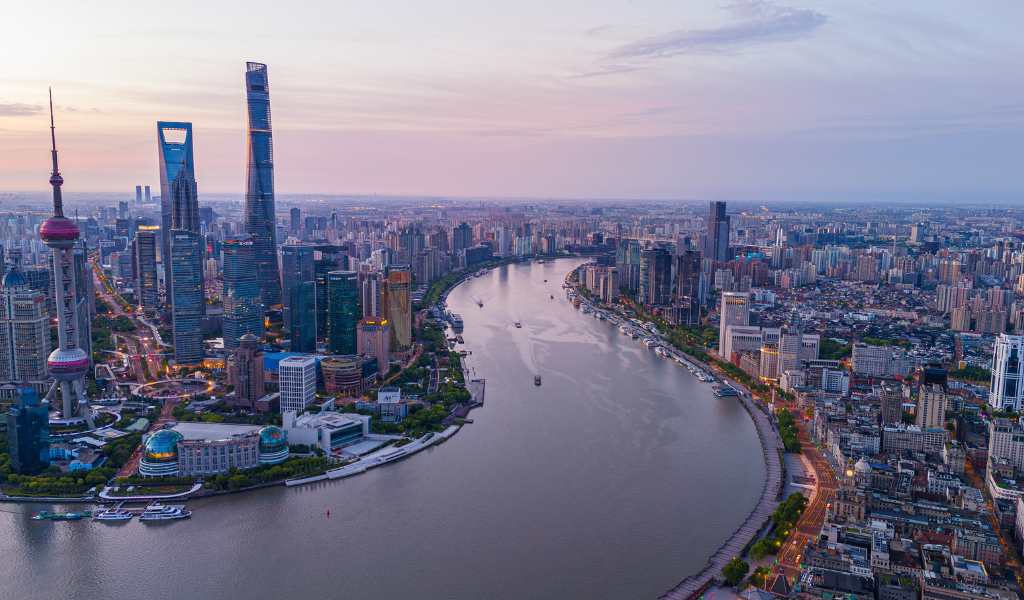What does a progressive realist foreign policy, as set out by David Lammy, the Foreign Secretary, mean for UK engagement with China on the pressing global challenges facing the world? This is a critical question as David Lammy prepares a visit to China within his first 100 days as Foreign Secretary, and amid ongoing geopolitical tensions and gridlock on global cooperation.

One possible answer came when we learned recently how a UK-China collaboration – with the John Innes Institute in Norwich – led to the sequencing of the Watkins Collection of heritage wheat varieties. The sequencing, carried out at the Agricultural Genomics Institute in Shenzhen, China, reveals that 60 per cent of the genetic diversity in the collection is unused, and could be the basis for breeding of new climate resilient varieties. It could literally help keep bread on the world’s tables.
‘Progressive realism’ as Lammy put it, recognises how power, alliances, and the role of the global south and middle powers have changed, and that technological change is transforming the existing global order. It is explicit that the United Kingdom’s security must be the government’s first priority, but that foreign policy has an ethical dimension, and that the UK’s security, including climate and health security, requires these things not just for ourselves, but also for others.
Labour’s China policy
Labour’s stated policy towards China is to ‘co-operate where we can, compete where we need to, and challenge where we must’. This progressive realist inversion of the ‘protect, align, engage’ formula of the Conservative government is an important step forward, given that China cuts across all the thorny global challenges we face and that matter to the UK.
Cooperation must now be brought back to the centre of the relationship in areas including climate change, just energy transitions, infectious diseases and antimicrobial resistance, sustainable food systems and biodiversity loss. How to do this in our current ‘low cooperation world’ and amid increasing geopolitical tensions and securitisation of relations is now the key question.
China policy priorities
For the UK, this requires an outcomes-oriented approach to policy, based on a better understanding of where China intersects with our priorities across the full range of global challenges we face. It means an evidence-based attitude towards China’s engagement in the Global South, accepting that China is a necessary – and welcome – source of development finance and expertise, though Chinese investments can come with costs as well as benefits.
It entails recognising China’s centrality in key value chains – that containing global temperature rises to avoid catastrophic climate change will not happen without Chinese technologies, and that some Chinese-supplied pharmaceuticals, including antibiotics, are a cornerstone of health systems worldwide. It must also recognise the significance of China’s emergence as a scientific superpower, and the country’s contributions to innovation in areas including immuno-oncology and diagnostics that will be needed in high-income countries and the Global South alike.
As Lammy states, progressive realist foreign policy must see the world as it is and rise to the challenge. The UK’s policy towards China has swung chaotically in the last ten years. Now is the time to strategically build our capacity to engage with China on these issues, based on a consideration of the UK’s interests and place in the world and an understanding of the necessity of progressive, constructive engagement.
Taking stock of the UK’s ‘China capabilities’
The Labour government has announced an audit of the bilateral relationship with China. This is a welcome opportunity to assess our distinctive role in engaging China, including as the government seeks to rebuild the country’s standing in international development. It is also a chance to take stock of the UK’s ‘China capabilities’ in government and across the wider policy and research ecosystem, and to build the expertise and relations that will be fundamental to a constructive relationship with China through this decade and the next.
As Lammy prepares for a visit to China for the first time since Labour entered government, the time is ripe for a reset – one that thinks through how a progressive realist policy can shape the UK’s relations with China on critical global challenges – now and for the decade ahead.
